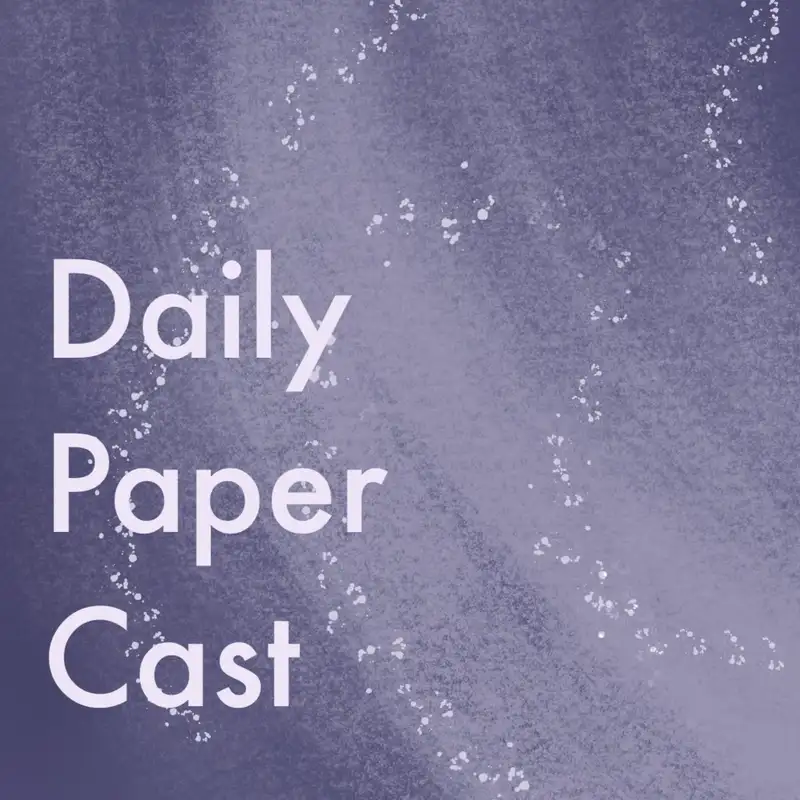 Episode 1132
Episode 1132
· 21:27
🤗 Upvotes: 50 | cs.CV
Authors:
Jie Wu, Yu Gao, Zilyu Ye, Ming Li, Liang Li, Hanzhong Guo, Jie Liu, Zeyue Xue, Xiaoxia Hou, Wei Liu, Yan Zeng, Weilin Huang
Title:
RewardDance: Reward Scaling in Visual Generation
Arxiv:
http://arxiv.org/abs/2509.08826v1
Abstract:
Reward Models (RMs) are critical for improving generation models via Reinforcement Learning (RL), yet the RM scaling paradigm in visual generation remains largely unexplored. It primarily due to fundamental limitations in existing approaches: CLIP-based RMs suffer from architectural and input modality constraints, while prevalent Bradley-Terry losses are fundamentally misaligned with the next-token prediction mechanism of Vision-Language Models (VLMs), hindering effective scaling. More critically, the RLHF optimization process is plagued by Reward Hacking issue, where models exploit flaws in the reward signal without improving true quality. To address these challenges, we introduce RewardDance, a scalable reward modeling framework that overcomes these barriers through a novel generative reward paradigm. By reformulating the reward score as the model's probability of predicting a "yes" token, indicating that the generated image outperforms a reference image according to specific criteria, RewardDance intrinsically aligns reward objectives with VLM architectures. This alignment unlocks scaling across two dimensions: (1) Model Scaling: Systematic scaling of RMs up to 26 billion parameters; (2) Context Scaling: Integration of task-specific instructions, reference examples, and chain-of-thought (CoT) reasoning. Extensive experiments demonstrate that RewardDance significantly surpasses state-of-the-art methods in text-to-image, text-to-video, and image-to-video generation. Crucially, we resolve the persistent challenge of "reward hacking": Our large-scale RMs exhibit and maintain high reward variance during RL fine-tuning, proving their resistance to hacking and ability to produce diverse, high-quality outputs. It greatly relieves the mode collapse problem that plagues smaller models.
Listen to Daily Paper Cast using one of many popular podcasting apps or directories.